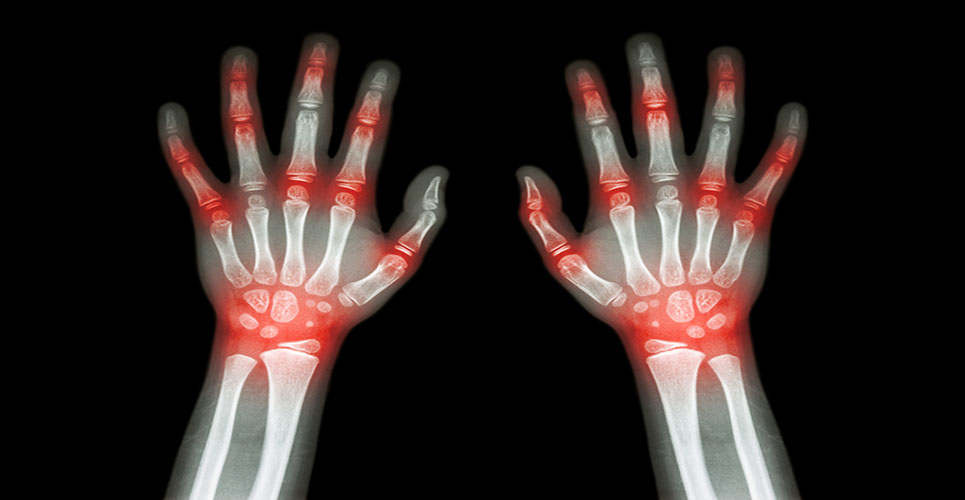teaser
The advances made by pharmaceutical companies in recent years in the fight against rheumatoid arthritis (RA) would be more beneficial to patients if drugs were used more effectively, according to Spanish researchers.
A research team from the Hospital Universitario de la Princesa studied the treatment of 789 patients over four years from 2000. The team found that outcomes improved in that time thanks to the better management of drugs, mainly methotrexate, and the development of biologic therapies.
However the paper, published in BioMed Central’s open access journal Arthritis Research and Therapy, found that “the amazing halt of radiological progression described in clinical trials” was not observed by the researchers.
In order to ascertain the real-life effectiveness of new RA medication, the authors studied patients in terms of disease activity, disability and radiological progression in the period after the Spanish launch of Leflunomide and the TNF antagonists.
They write: “The most relevant finding of our work is that disease activity in RA has improved, independently of the availability of new therapies, in patients with severe and mild disease.”
The authors conclude: “It is clear that we need specific markers of RA severity that allow us to select adequate patients for early biologic treatment in order to improve their therapeutic response, as well as their functional outcome. These tools may also help to improve cost-effectiveness of these drugs avoiding unnecessary prescriptions.”
Copyright Press Association 2008
Arthritis Research and Therapy

